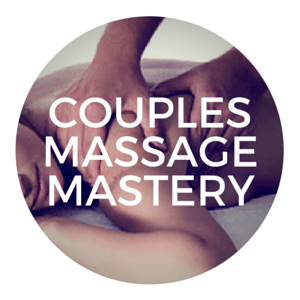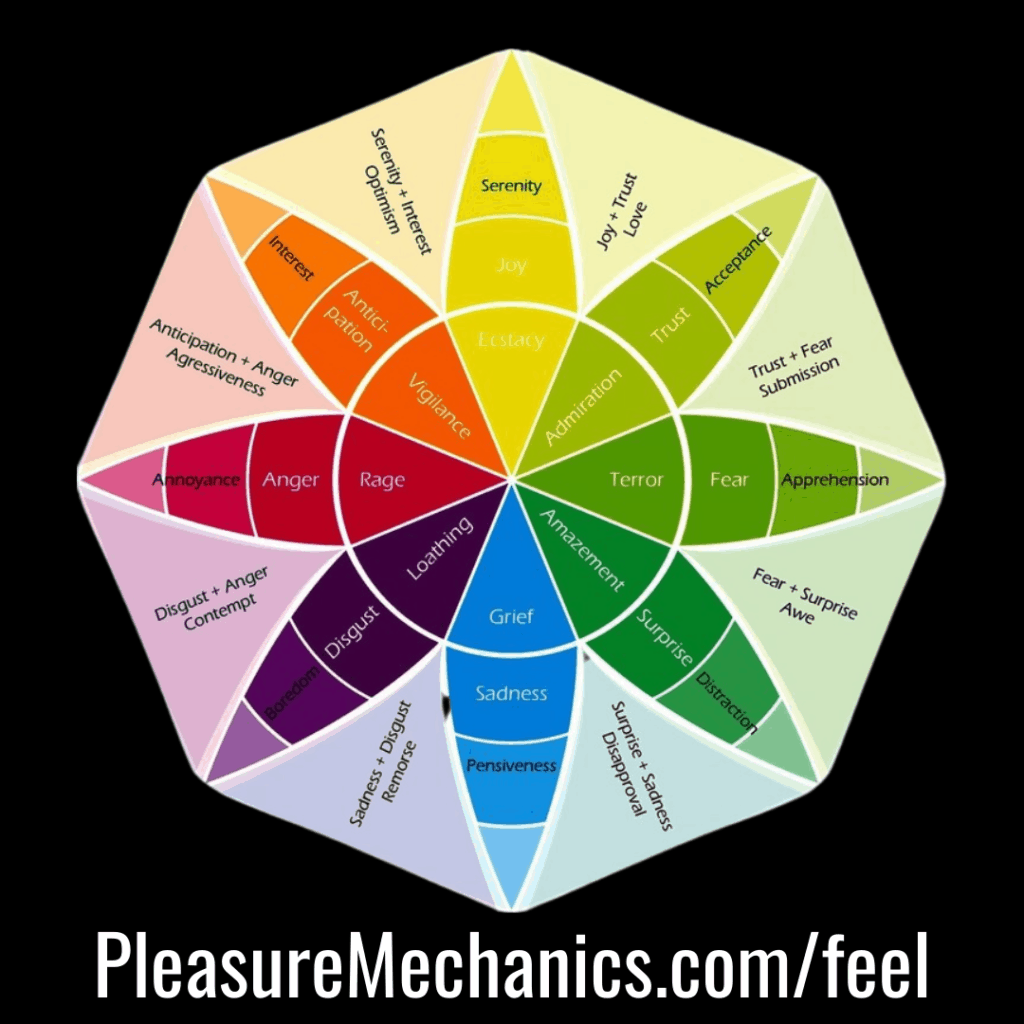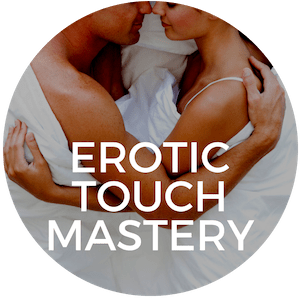Podcast: Play in new window | Download

How do power dynamics play out in your marriage? What are the hidden power struggles getting in the way of your happiness and fulfillment within your marriage? How can we reclaim marriage from it’s history as a system of ownership and transform it into a container to create the kinship, belonging and security we all crave?
In this episode, we explore sex and power within marriages, and how you can come into a more consensual Power-With relationship with your spouse.
We talk about:
- the history of marriage as an institution of Power-Over
- what a Power-With relationship might look and feel like
- decision-making in marriages
- aligning your marriage to support your life goals and values
- how domestic labor and caretaking reflect power dynamics
- how withholding sex can be a unspoken power grab
- visions for equitable, consensual power dynamics within marriages
Want to weigh in on this episode, help us shape future episodes & get our personal support on your erotic journey? Join our membership community, The Pleasure Pod!






